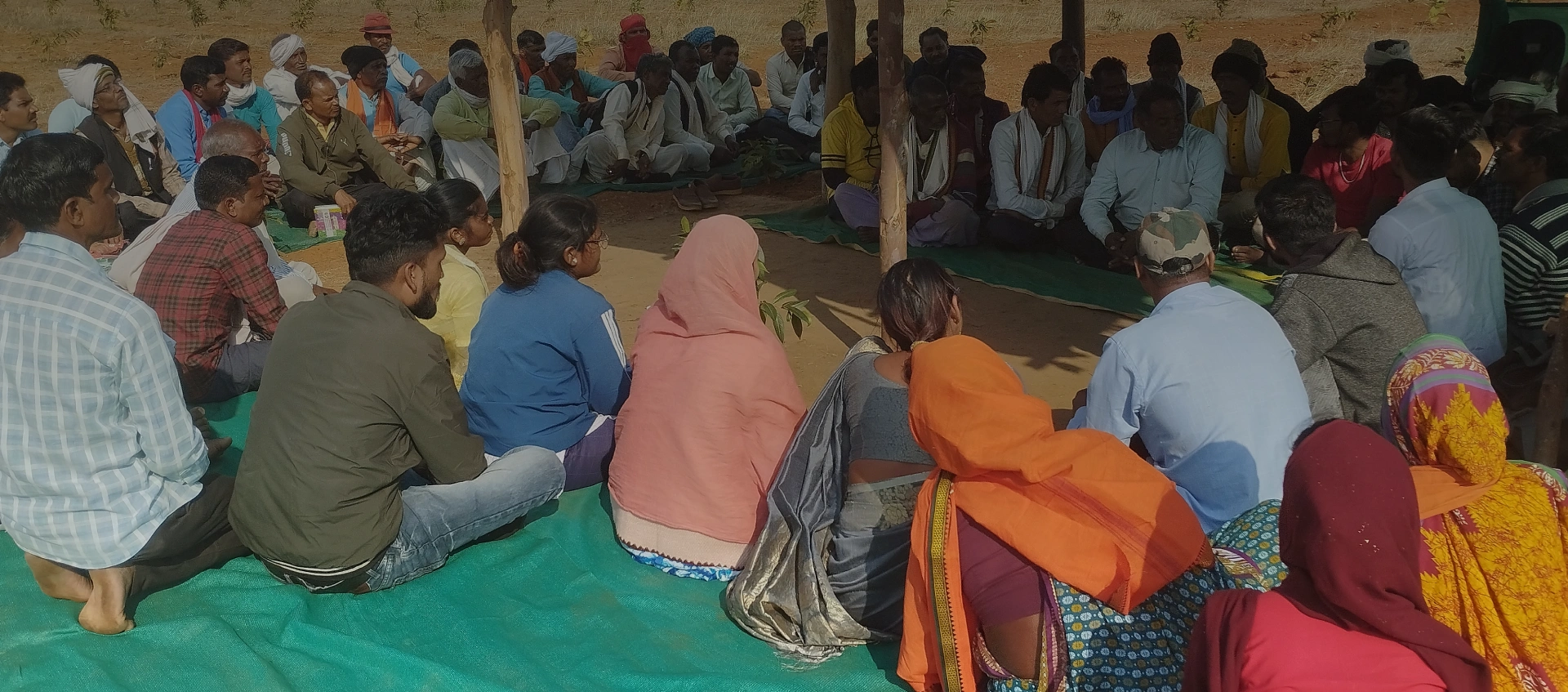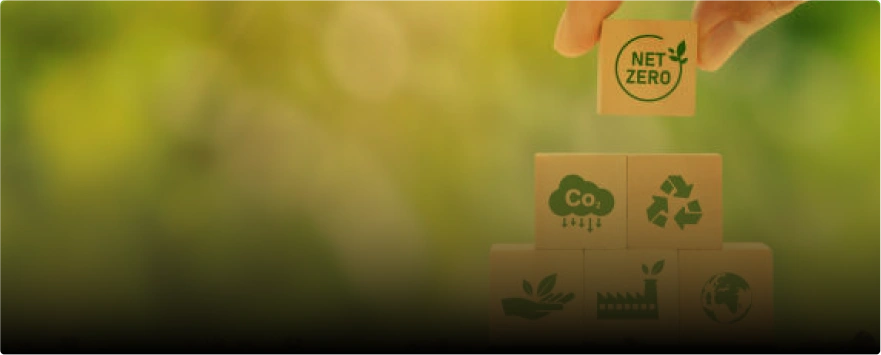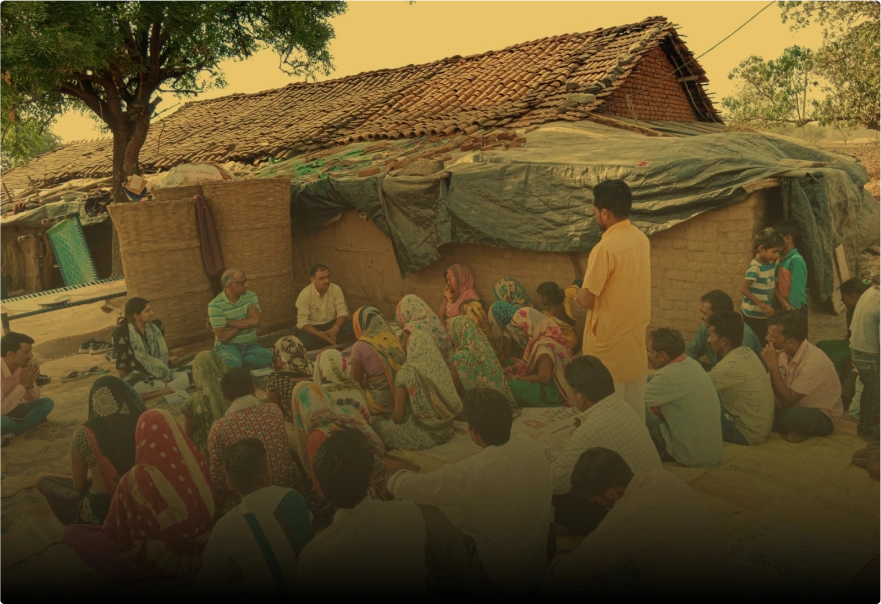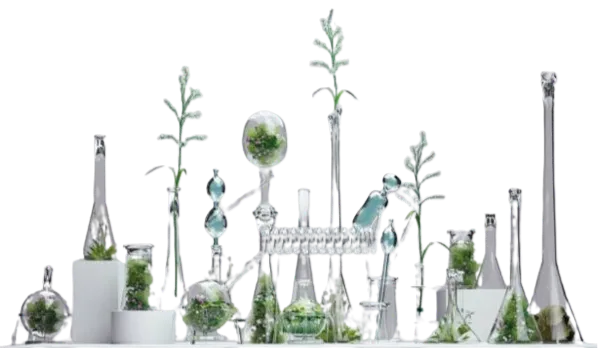
Equity
CSL decarbonization projects leverage 4 decades of experience in working with vulnerable communities to create solutions that can holistically improve social and economic conditions of participating communities while delivering high integrity carbon credits. Our teams have deep grassroots connections with communities and can successfully navigate the political ecosystem in these regions to deliver impact. We are therefore, able to ensure that every initiative allows participating community to witness comprehensive social/economic impact – including livelihood generation, women empowerment, education and skill development.














